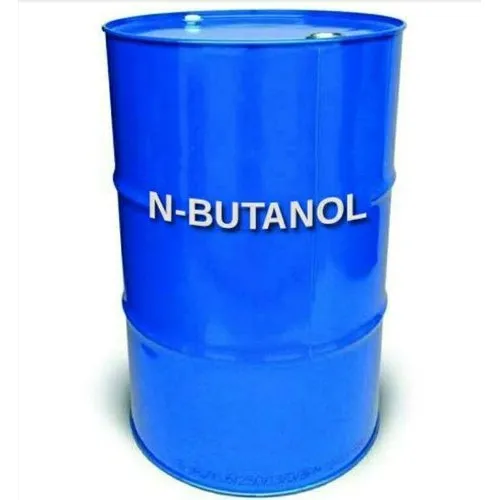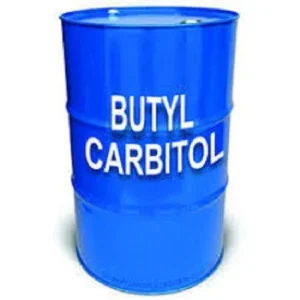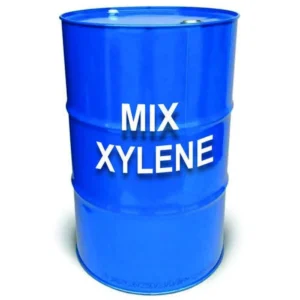N butanol
Product Details:
| CAS No | 71-36-3 |
| Purity % | 99% |
| Packaging Details | 160 Kg Drum |
| Grade Standard | Industrial Grade |
| Synonyms | 1-butanol,Butan-1-ol,butanol,n-butanol,Butyl alcohol |
| Chemical Formula | C4H10O |
| EC No. | 200-751-6 |
| Molecular Weight | 74.121 g/mol |
| Density | 810 kg/m3 |
| Melting Point | -89.8 degree C |
| Boiling Point | 117.7 degree C |
| Physical Form | Liquid |
| Minimum Order Quantity | 200 Kg |
Description
1-Butanol also known as n-Butanol is a primary alcohol with the chemical formula C₄H₉OH and a linear structure. Normal butanol is almost insoluble in water, but is soluble in almost all organic solvents.
Get Best price of 98% pure 200 Kg Drum of Butanol CAS No. 71-36-3, C4H9OH. For Certificate of Analysis (COA) & MSDS, kindly contact us.
Uses:
– Butanol is used as a solvent for paints, coatings, varnishes, fats, oils, waxes, rubber and plasticizers.
– It is also used as a raw material for coating resins, butyl acrylate, butyl acetates, glycol ethers, etc.
– It is widely used as a diluent in cellulose nitrate lacquers and serves to improve their flow, gloss and resistance to blushing.
– It is used as a solvent for dyes e.g. in printing inks.
– Used as Additive in polishes and cleaners, de-icing fluids and in gasoline for spark-ignition engines.
– Used as Solubilizer in the textile industry.
– Used as feedstock for the production of flotation aids (e. g. butyl xanthate) and glycol ethers (in reactions with ethylene
or propylene oxide)
– Used as Humectant for cellulose nitrate.
Storage:
– n-Butanol can be stored in suitable containers at temperature below 40 ° and the
exclusion of humidity for at least 1 year.
– N-butanol should be kept out of direct sunlight, heat and open flames.
– Storage and use areas should be No Smoking areas.
– Use spark-free tools when handling.
Hazards:
– Harmful if swallowed.
– Causes skin irritation.
– Causes serious eye damage.
– May cause respiratory irritation.
– May cause drowsiness or dizziness.
Accidental Release Measures:
– Personal Precautions: Use personal protective equipment.
– Ensure adequate ventilation. Environmental Precautions Should not be released into the environment.
– Methods for Containment and Clean Up: Soak up with inert absorbent material. Keep in suitable, closed containers for disposal.







Reviews
There are no reviews yet.